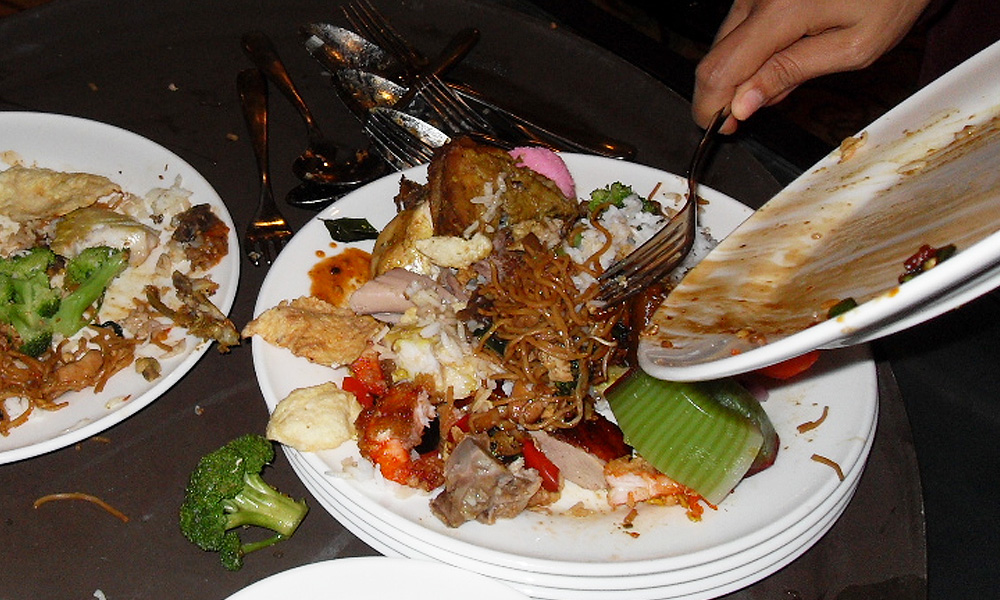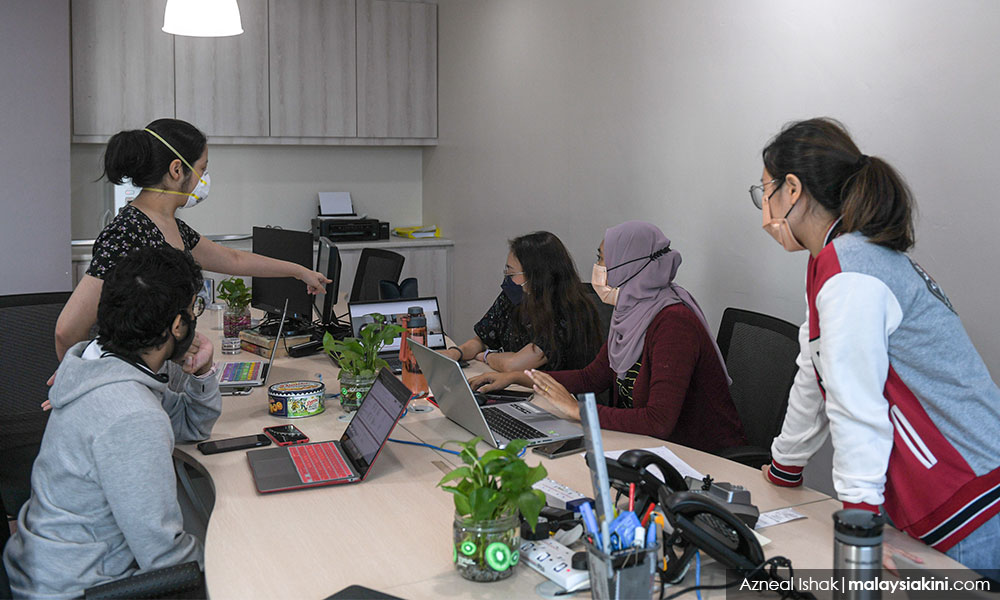“If you’re so unhappy, don’t just complain. Give solutions instead!”
How often has that been said by people in positions of authority to ordinary citizens? Granted, Malaysians are fond of complaining, but there are many things that do need addressing. As normal everyday folk facing the same issues and situations repeatedly, we cannot be blamed for not having infinite patience.
Do something instead of complaining, how exactly?
The structure of our working and studying daily lives, which is applicable to blue, white, and pink-collar jobs, makes socialising beyond close family and friends difficult. Getting involved in initiatives is even harder, after long commutes and hours at work.
In the Klang Valley at the very least, urban sprawl is another obstacle. The cost of spending time and travelling across districts to be involved is significant and for many prohibitive.
Even with a personal vehicle, how many would be willing to spend 45 minutes to an hour driving across districts for a discussion at 8.30pm, and then drive back home after it ends later in the evening, while still needing to get up early the next morning? Without one, it becomes an extreme challenge in itself.
Despite these challenges, some highly dedicated individuals will still attempt this for the causes they believe in, but that level of motivation is not distributed widely across citizens.
That is normal - people have different levels of motivation and capacity, and active citizenship cannot be accessible to those without high levels of motivation or resources. We need broader access for meaningful participation.
Other than slowing down the forward evolution of our democracy, the current state of play hinders people from opportunities to become better citizens.
The difficulties in accessing spaces for community and organisation keep local knowledge and opportunities away from people, who could have benefited or been interested in them.
A simple example is managing household waste. On average, a Malaysian household generates 1.17kg of waste, which nation-wide amounts to over 36 thousand tonnes, most of which ends up in landfills.
We know that this is not sustainable since garbage is literally piling up, and we know about recycling and other waste management strategies, but how does one start putting that knowledge into practice?

Community groups and local grass-roots organisations are essential for these purposes, and they help bridge the gap between theory and praxis. But how easy is it for someone outside of central Klang Valley to access these resources, if they were even interested in them in the first place?
Beyond that, lack of community also takes away opportunities for individuals to see and hear from people outside their immediate social circles and social media feeds, which captures us in a bubble where we’re all miserable but with limited motivation and capacity (time, resources, or otherwise) to act on it.
Yes, there are virtual modes of involvement, but as we have all experienced in the past few years, physical interactions are superior when it comes to building relationships.
Barriers are of many kinds
This has roots in viewing democracy and civic participation as elite domains, and not the place for the average Dol.
On the one hand, there is the barrier of capacity and resources previously mentioned, and on the other hand, there is the intellectual and conceptual barrier (and more frequently today, distance) that impedes people’s meaningful participation.
Language is an obvious challenge. Discussions and knowledge on current concerns are overwhelmingly in English which is a second language for most people in Malaysia.
Awareness is another, and we need more people to pay more attention to ideas that emphasise the importance of finding far-reaching solutions to the problems that we face as a society, instead of short-term aid and quick fixes.
But before that, we first need to agree on the nature of the problems that need to be solved. For instance, the issues that come with urban sprawl may be clear to some people, but for others the ability to own a landed piece of property is paramount, and it is not up for discussion.

The same divergence of values can be seen in other areas of concern: single-use plastics, modest dress codes, schools and education, car ownership, and the list goes on.
The government no longer has the same clout in providing leadership on values as before, but we cannot have society grow increasingly fragmented when it comes to matters that affect the well-being of society. There needs to be an environment conducive to positive dialogue and the exchange of views for all.
Admittedly, the scale of change needed is massive, and we cannot rely on government action alone. Progressive organisations and groups are needed, with a presence close to where people are, not where they ought to be.
This can only be enabled by consistent support from many individuals who share the same vision with the willingness and ability to contribute towards the goal. - Mkini
LUTFI HAKIM ARIFF is co-founder and podcaster at Waroeng Baru, a not-for-profit collective to promote democratic participation and resilience. He is also the co-author of the book ‘Parliament, Unexpected’ and an unrepentant believer in the power of local independent media. Lutfi tweets at @ltf_ha.
The views expressed here are those of the author/contributor and do not necessarily represent the views of MMKtT.




No comments:
Post a Comment
Note: Only a member of this blog may post a comment.